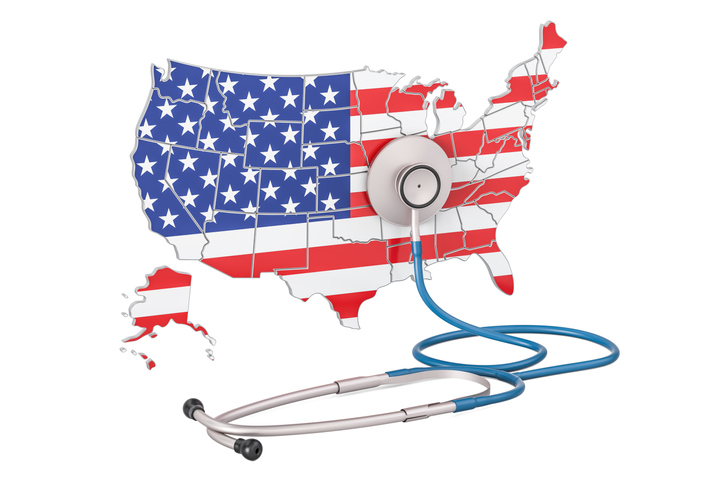
CMS: ACOs in Shared Savings Program Saved Medicare $2.4B in 2024
Out of the 476 ACOs that participated in the Medicare Shared Savings Program in 2024, 75% earned $4.1 billion in performance payments, CMS reported.

Out of the 476 ACOs that participated in the Medicare Shared Savings Program in 2024, 75% earned $4.1 billion in performance payments, CMS reported.

To succeed in ACO Reach, groups need to accurately identify the social determinants of health (SDoH) barriers affecting their patient population and determine which barriers could be addressed effectively. Some technology can accurately note specific SDoH risk factors facing a given patient and offer targeted intervention recommendations based on that patient’s unique SDoH risk factors.

For the sixth year in a row, the Medicare Shared Savings Program created overall savings, CMS announced. When compared to clinician groups of a similar size not participating in the program, participating ACOs performed better on quality measures, including measures for diabetes, breast cancer and colorectal cancer screenings, tobacco screenings and depression screenings.

This is the fifth consecutive year the program has achieved savings by working with Accountable Care Organizations. Participating ACOs also had better quality measures for physical and mental health conditions than those not in the program.

In a new study, researchers suggest ACOs are not helping CMS save substantial amounts of money as they were expected to do, so the model should be eliminated. But other experts in the industry disagree, taking issue with the study's methods and conclusions.

The physician practice management company launched its IPO through which it plans to sell 19.5 million shares of common stock, priced between $17 and $19 per share. It will use the proceeds for general corporate purposes, like research and development, and to acquire complementary businesses or technologies.

The company partners with independent practices, health centers and clinics to establish primary care-focused accountable care organizations.

The new Geographic Direct Contracting Model aims to improve quality of care and slash costs for Medicare beneficiaries across an entire region. It involves setting up risk-sharing arrangements where participants will be responsible for the total cost of care for beneficiaries in the region.

Here are some steps community hospitals can take to maintain their independence and deliver higher quality, more affordable care.